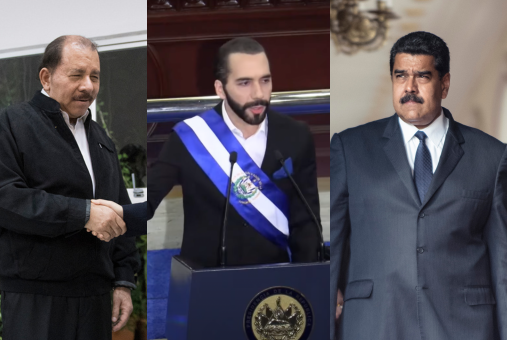
Lawmakers from the left and the right are drafting ‘foreign agent’ laws they claim protect their national sovereignty. They also threaten independent news outlets that rely on international funding.
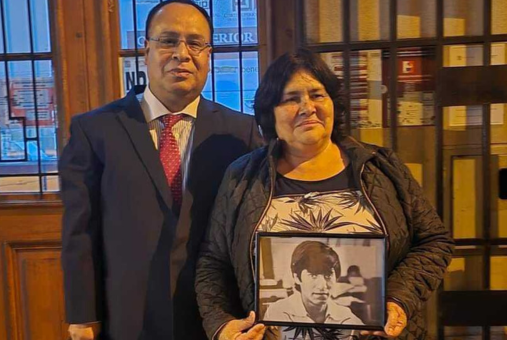
Journalist Jaime Ayala Sulca disappeared on Aug. 2, 1984 after entering the Navy Headquarters in the municipality of Huanta, Peru. After two years of trial, one of the defendants has been sentenced.

As the verdict against two former military officers for the disappearance and torture of Peruvian journalist Jaime Ayala in 1984 is about to be announced, the ‘law of impunity’ could close the case forever.
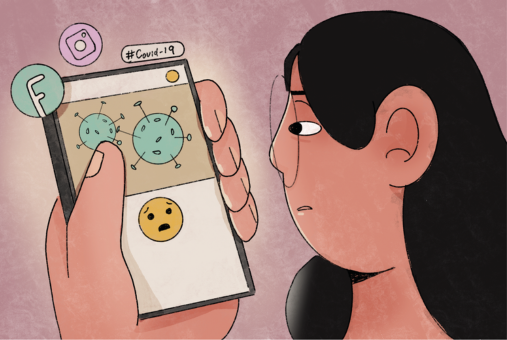
Across Bolivia, El Salvador and Peru, the spread of disinformation has disproportionately impacted marginalized communities amidst sociopolitical conflict in recent years. Local non-governmental organizations in these countries conducted information ecosystem research to understand its impacts.
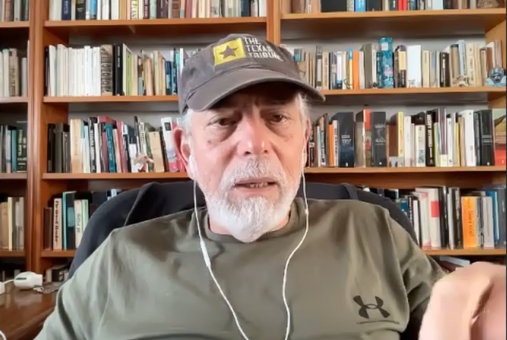
Peruvian journalist Gustavo Gorriti is currently facing an investigation by the prosecutor's office for the alleged crime of bribery and his communications have been requested. Several organizations have said the case is retaliation for his journalistic work. Gorriti spoke with LJR about this investigation against him, his response to the attacks and even the lessons that he’s gained from this process.

Digital media outlets CIPER (Chile), Agência Pública (Brazil) and La Antígona (Peru) have innovative financing models involving their audiences that have allowed them simultaneously to support themselves financially and strengthen their bonds with readers. These media shared 10 strategies to optimize reader contributions.
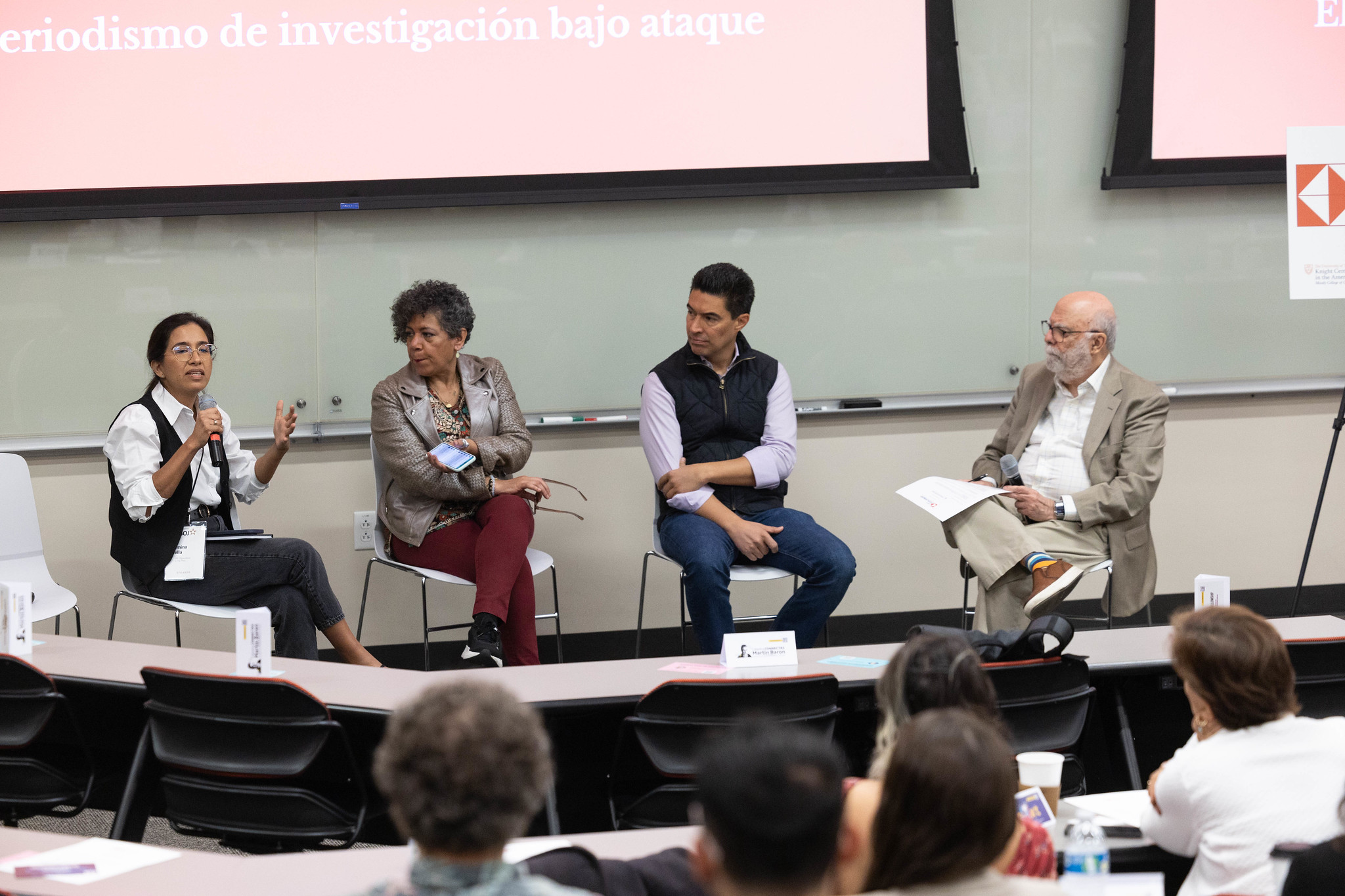
Attacks on the press are undoubtedly one of the main challenges for media and journalists in Latin America. Talking about the state of digital journalism in the region also implies knowing the obstacles to press freedom. Journalists from Guatemala, Peru and Venezuela spoke about these challenges during the 17th Ibero-American Colloquium on Digital Journalism.
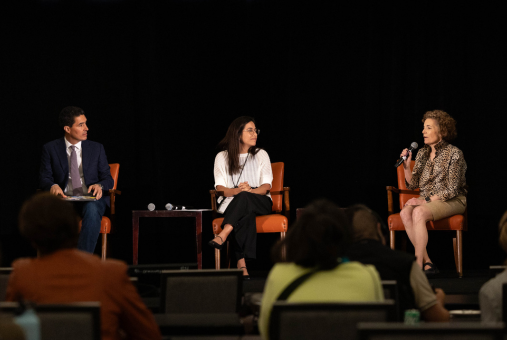
As part of closing remarks at the 25th International Symposium on Online Journalism, Romina Mella and José Zamora shed light on legal cases and jail time facing their colleague in Peru and father in Guatemala, respectively. ISOJ participants were called on to support these two renowned journalists.
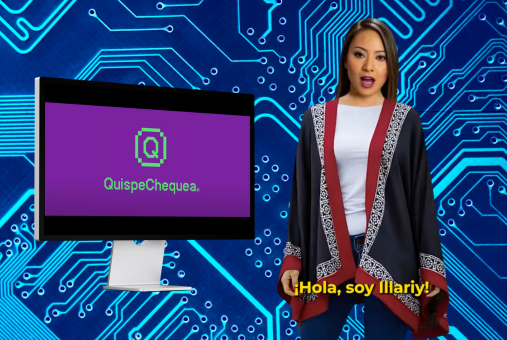
Illariy and Quispe Chequea are tools developed in Peru that use generative artificial intelligence resources to create text, audio and video content in Indigenous languages. Both initiatives have demonstrated the potential of this technology to satisfy the information needs of marginalized populations, while contributing to the linguistic diversity of that country.
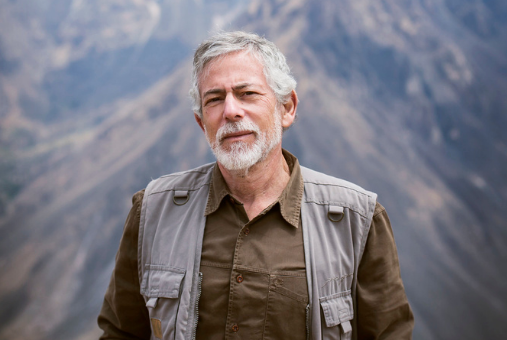
Journalists from different media, personalities and ordinary citizens from around the world reject a campaign of attacks and harassment against the director of Peruvian investigative journalism site IDL-Reporteros, Gustavo Gorriti.

Journalists selected for the first Spanish edition of the JournalismAI Academy for Small Newsrooms will seek to learn how to take advantage of artificial intelligence to optimize processes, reduce workload, improve audience engagement and strengthen sustainability. Media from 15 Latin American countries will be represented in the eight-week program.
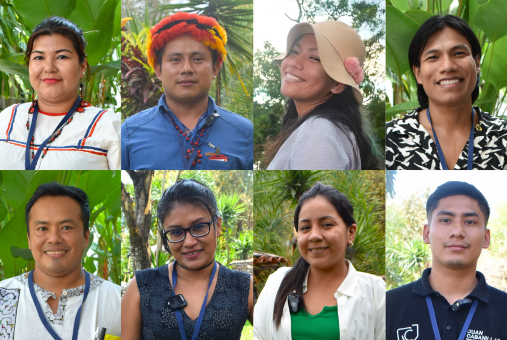
Due to the lack of visibility of public health problems of Indigenous communities of Peru, digital media outlet Salud con Lupa created a training and scholarship program for journalism in the Peruvian Amazon. It also developed a network of Indigenous health communicators in the region.